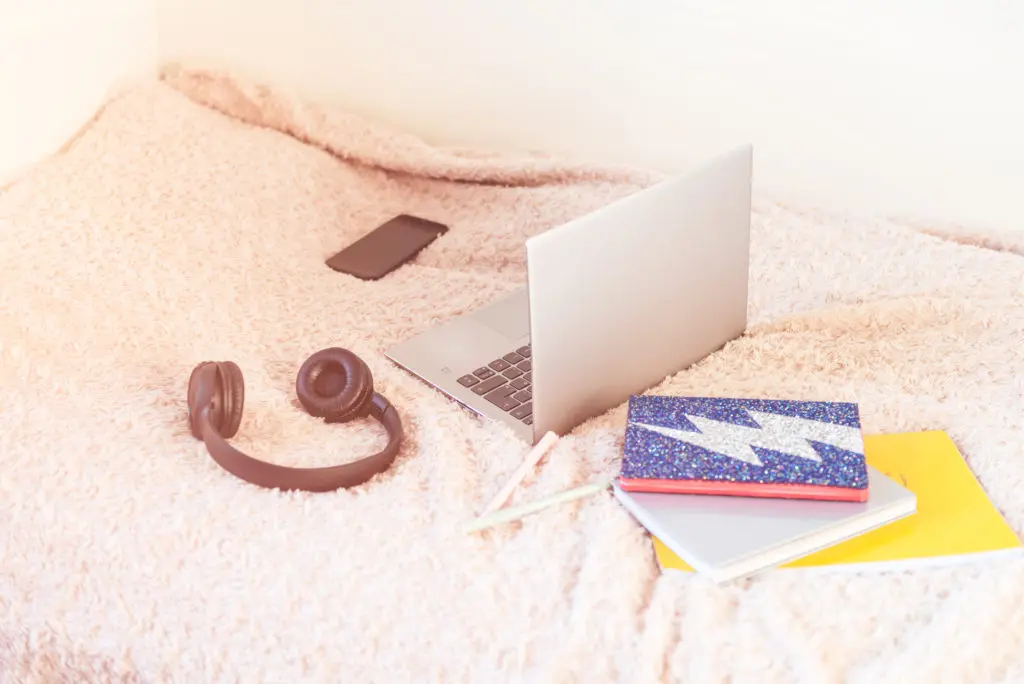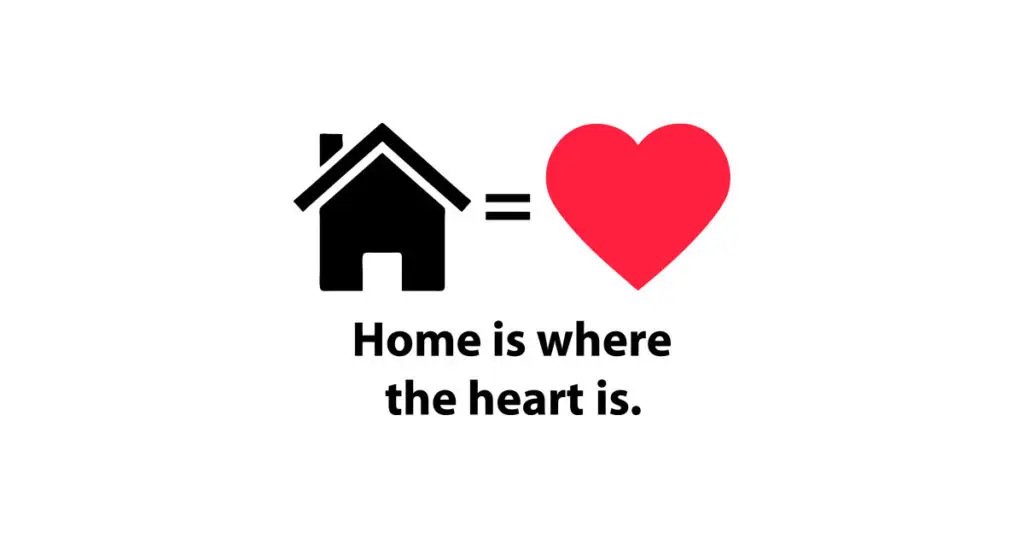
Coronavirus (Covid-19): What it is, what you need to know.
The world is currently dealing with an outbreak of coronavirus (Covid-19), which had been classified as a pandemic and affecting more than 160 countries globally.
For latest global information, refer to situation reports published by the WHO (world Health organisation) daily – https://www.who.int/emergencies/diseases/novel-coronavirus-2019/situation-reports/
For latest guidance from the UK government, please refer to: https://www.gov.uk/government/topical-events/coronavirus-covid-19-uk-government-response
Here at AXO we are one community and feel it significantly important that we all have as much information as possible both for our own safety and those around us who may be vulnerable. We are doing our very best to reduce the risk of catching or spreading the virus.
With that in mind, we want to share the latest advice from the relevant authorities and explain what steps we’re taking as the situation develops.
What is coronavirus (Covid-19)?
Covid-19 is a new illness that is caused by a virus called coronavirus and can affect your lungs and airways. The most common symptoms include a dry cough, tiredness and fever, but some patients may also experience a runny nose, sore throat, aches and pains or difficulty breathing. For the latest information on coronavirus and its symptoms, visit the NHS website.
Stay in your room if you have either:
· a high temperature – you feel hot to touch on your chest or back
· a new, continuous cough – this means you’ve started coughing repeatedly
Please also call down to reception via phone to advise the team that you are unwell.
What action is AXO Student Living taking?
Should a case be confirmed, we’ll act quickly and decisively, following the relevant authorities’ specific instructions and advice to the letter.
· If a case is confirmed, we’ll also organise a professional deep clean of any areas that the affected customer may have come into contact with, as directed by the relevant authorities.
· If someone in your property is diagnosed with coronavirus, we’ll relocate anyone that may be vulnerable due to an existing respiratory illness or immune system condition.
· We will continue to work closely with our university partners across the UK to ensure our response to the situation is fully aligned and coordinated and that our students receive the very best help.
What action should I be taking?
In line with advice from the NHS and Public Health England, we’d encourage you to do the following:
· Wash your hands regularly using soap and hot water for at least 20 seconds, especially after sneezing or blowing your nose.
· Always wash your hands when you get home or into university.
· Try to avoid contact with anyone that may be ill.
· Use hand sanitiser gel if you don’t have access to soap and water.
· Cover your mouth and nose with a tissue or sleeve when you cough or sneeze and wash your hands afterward.
· Put any used tissues in the bin immediately after using them.
· Try not to touch your eyes, nose and mouth with unwashed hands.
· Do not share items that come into contact with your mouth.
· Avoid public transport or social gatherings. For the most up-to-date advice, visit the NHS website.
What should I do if I think I have coronavirus and have to self-isolate?
NHS advice says that if you have either a high temperature or a new, continuous cough, you should self-isolate for seven days. You do not need to contact 111 and should not visit a GP surgery, hospital or pharmacy. If you are self-isolating, please follow the below advice in line with Public Health England’s recommendations:
· Stay in your flat unless told otherwise by health authorities.
· If your symptoms get worse, you can’t cope with them at home, or they don’t get better in seven days, use the 111 online coronavirus service. If you can’t get help online, call 111 or, in an emergency, call 999.
· Do not go into work, university, lectures or public areas, and don’t use public transport or taxis until you’re told it’s safe to do so.
· If you have someone bringing supplies or have ordered shopping online, make sure the items are left at reception or outside of your room.
· Stay away from friends or flatmates.
· If you’ve been provided with a facemask, you should wear it when you may come into contact with other people.
· Make sure all of your rubbish is disposed of properly by tying it up in two plastic bin bags.
We would also advise the following:
· Keep in regular contact with friends and family by phone.
· Avoid using common areas in your accommodation (apart from your shared kitchen).
· In the event of a fire alarm, please evacuate the building as you would normally, but where possible, keep at least six feet away from other people.
· Please be aware that we’ll only carry out maintenance in your flat if it’s a safety risk to you or others.
You should also continue to follow the advice given above under the subheading ‘What action should I be taking’.
Please also check with your university as a number have introduced the following measures:
· Suspended graduation ceremonies
· Suspended all but essential international travel
· Suspended all international field trips
· Identified staff and students with underlying health conditions
· Suspended open days and other events
· Signposted welfare support to students and staff
· Set up a single email address and phone number for all COVID-19 advice and support
· Forward planning for a range of scenarios
Common Questions:
What if someone in my flat has symptoms?
Government advice now states that if you live with someone who shows symptoms, you will also need to isolate, but for 14 days. In that time, you should avoid leaving the flat, even for buying food and essentials. Instead, you’ll need to get someone to drop off supplies outside of your flat for you or order shopping online. This should mean the virus is not spread further.
Please also call down to reception via phone to advise of self-isolation.
What if I’ve recently got back from holiday?
No matter where you have been, if you develop a high temperature or a new, continuous cough, you should self-isolate for seven days and follow the advice we’ve explained above under the subheading, ‘what should I do if I think I have coronavirus and have to self-isolate?’
Can I end my tenancy early?
If you’re living with us and would like to end your tenancy early, our standard cancellation policy applies. Please speak with the team for more information.
Can I cancel my future booking?
If you wish to cancel a future booking, our standard cancellation policy applies. Please speak with the team for more information.
Where can I find more information?
For more information about coronavirus, its symptoms, how to avoid catching it and what to do if you do have it, please visit the NHS website.
If you’re worried about a friend, concerned about the situation or need emotional support, you can speak to the team at your reception. We are here for you.
Together; We are AXO Student Living
As per 16th of March – UK Government Update:
o Everyone should avoid gatherings and crowded places, such as pubs, clubs and theatres
o Everyone should work from home if they can
o All “unnecessary” visits to friends and relatives in care homes should cease
o People should only use the NHS “where we really need to” – and can reduce the burden on workers by getting advice on the NHS website where possible
o By next weekend, those with the most serious health conditions must be “largely shielded from social contact for around 12 weeks”
o The UK is now “three weeks” behind Italy – the worst-hit country in Europe
o If one person in any household has a persistent cough or fever, everyone living there must stay at home for 14 days
o Those people should, if possible, avoid leaving the house “even to buy food or essentials” – but they may leave the house “for exercise and, in that case, at a safe distance from others”
o Schools will not be closed for the moment
Chief medical adviser Prof Chris Whitty said the group of people who should take “particular care to minimise their social contact” were:
o People over the age of 70
o Other adults who would normally be advised to have the flu vaccine (such as those with chronic diseases)
o Pregnant women




